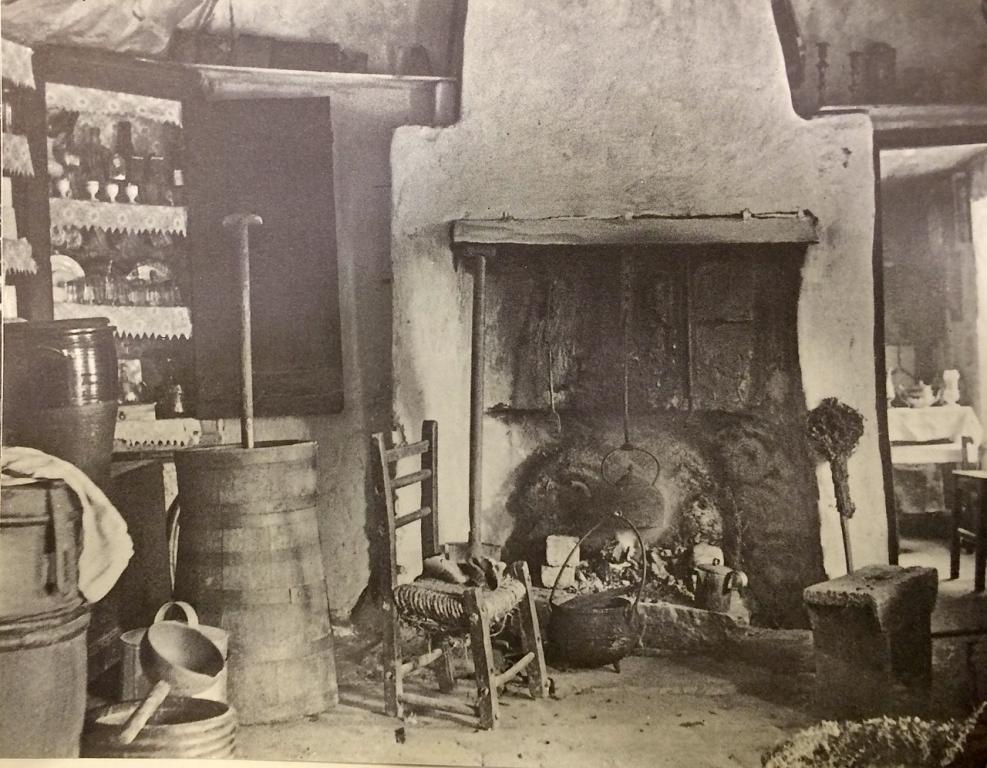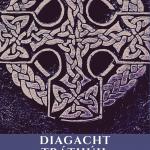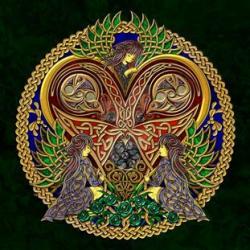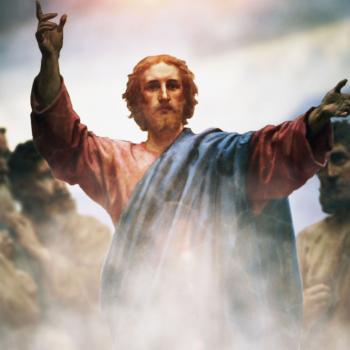 One of the most fascinating aspects of Celtic Christianity is that nothing is too big or too small for God to indwell. Everything that we do, encounter or experience is a moment in time where God is present. To the Irish and Scottish of the first millennium this was an honored fact of life. This meant that everything a person does is an act of worship. From menial labor tasks to the ruling of a nation, all action was viewed as an opportunity to worship and interact with God. This was the case with even the smooring of a fire.
One of the most fascinating aspects of Celtic Christianity is that nothing is too big or too small for God to indwell. Everything that we do, encounter or experience is a moment in time where God is present. To the Irish and Scottish of the first millennium this was an honored fact of life. This meant that everything a person does is an act of worship. From menial labor tasks to the ruling of a nation, all action was viewed as an opportunity to worship and interact with God. This was the case with even the smooring of a fire.
Importance of the Hearth Fire
In Scotland and Ireland “Each household would have a hearth fire over which all the household food would be prepared, and around which the most important aspects of family life would happen. The hearth fire would traditionally have been kept alight all year long in both Scotland and Ireland, with the exception of Bealltainn eve when it was extinguished and then relit from a flame brought from a communal bonfire to ensure health and prosperity upon the household in the coming year.1 It was a matter of pride and superstition not to let the flame die out even in the height of summer, and many households could boast that their hearth had remained alight for several generations – even centuries. If the fire did die out, it was said “the soul goes out of the people of the house.”
Smooring, a Scottish Gaelic word usually translated as ‘smothering,’ but perhaps more accurately ‘subduing’ – was a process by which the fire was dampened down so it would not need tending, and therefore could be left safely alight during the night. In Ireland, it was said that the Good Folk would be displeased if they arrived at a house during the night to find that there was no fire for them.
When a person smoored the fire they would say the following:
Smooring Blessing
I AM smooring the fire
As the Son of Mary would smoor;
Blest be the house, blest be the fire,
Blest be the people all.
Who are those down on the floor?
John and Peter and Paul.
On whom is the vigil to-night?
On the fair gentle Mary and on her Son.
The mouth of God said,
The angel of God spake,
An angel in the door of the house,
To guard and to keep us all
Till comes daylight to-morrow.
Oh! may the angels of the Holy One of God
Environ me all this night,
Oh! may the angels of the Anointed One of God
Encompass me from harm and from evil,
Oh! encompass me from harm this night.
No task to Menial for God
This blessing reminds us that no task is too small to be carried out in honor of the Universal God. It also shows us that al work should be treated as God’s work. In the western church we try really hard to put our religion in a box, keeping it separate from our day to day. The issue with that is that we serve truly infinite God. And since God is infinite, God cannot be constrained. Because the Celts understood this about God, they included communication with God in everything they did. Even chores were not off limits as an opportunity to speak with God and work for God.
How Do We See God?
The question really is how do we see God? Do we see God as God is, truly infinite and truly everywhere? Or do we view God as a Jack in the Box, winding God u and letting the deity out of the box when we say? My answer to this would be, if you have a God that can be boxed in by what you want, is that a God worth worshipping?











